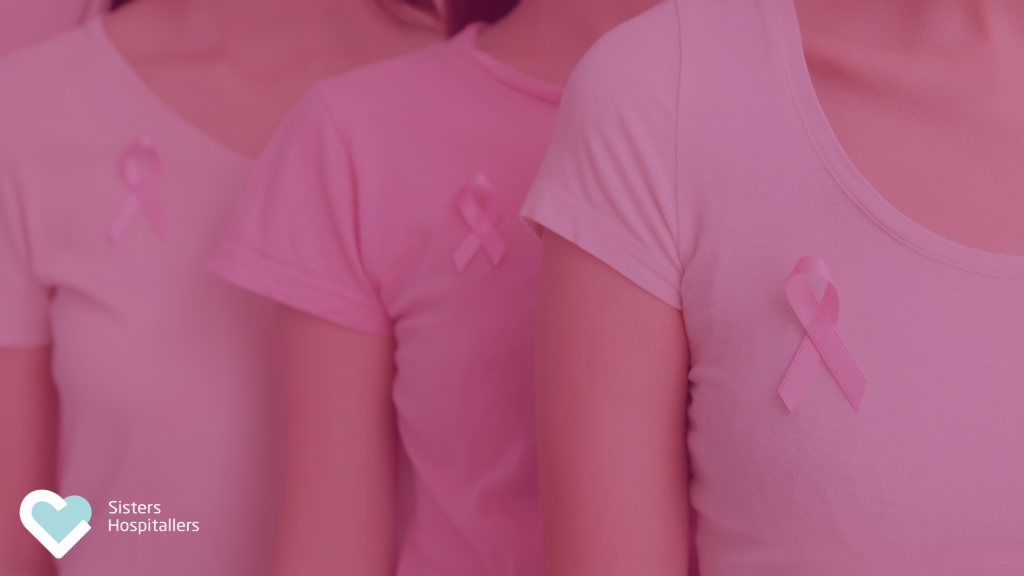
Breast Cancer Awareness Day, part of the global Breast Cancer Awareness Month held annually in October, will be marked in the UK on October 19, 2024. This day is dedicated to raising awareness about breast cancer, encouraging early detection, and supporting those affected by the disease. It plays a crucial role in promoting education, advocacy, and fundraising efforts that help improve breast cancer outcomes.
The theme for World Breast Cancer Day in 2024 is “No one should face breast cancer alone”. This theme emphasises the critical role of patient-centred care, which encompasses medical, emotional, psychological, and social support through patient navigation systems. It also seeks to address gender and socioeconomic inequalities in access to breast cancer care.
Breast cancer is the most common cancer among women in the UK, with over 55,000 new cases diagnosed each year. On Breast Cancer Awareness Day, healthcare organisations, charities, and communities come together to emphasize the importance of early detection through regular screenings and mammograms, which have been proven to save lives. Although breast cancer is largely treatable when caught early, many women are still diagnosed in later stages.
The origins of Breast Cancer Awareness Month can be traced back to 1985 when it was founded by the American Cancer Society and the pharmaceutical company Imperial Chemical Industries (now part of AstraZeneca), which was developing breast cancer drugs at the time. The primary goal was to educate women about the importance of early detection. In 1991, the pink ribbon became the official symbol of breast cancer awareness, thanks to a partnership between the Susan G. Komen Foundation and Estée Lauder. The pink ribbon is now globally recognised as a symbol of breast cancer awareness and a reminder to support breast cancer research.
The Breast Cancer Awareness Day 2024 campaign will center on three key areas:
Prevention and Awareness:
The focus will be on disseminating information about breast cancer risks, including genetic factors, lifestyle influences such as diet and exercise, and environmental contributors. Public health campaigns will aim to encourage women to take control of their health through regular breast self-examinations, knowing the signs of breast cancer, and attending routine mammogram appointments.
Access to Screening:
The UK’s National Health Service (NHS) offers free breast cancer screening to women aged 50-71. However, not all eligible women participate in the programme. In 2024, there will be a renewed push to increase participation, particularly among younger women who may be at high risk due to family history or genetic factors.
Awareness campaigns will also target minority communities, where screening rates are often lower due to barriers like language, cultural beliefs, or access to healthcare.
Supporting Survivors and Families:
This year’s Breast Cancer Awareness Day will place greater emphasis on the emotional and psychological support for those affected by breast cancer, including survivors and their families. Survivorship comes with challenges like body image issues after surgery, fatigue, and emotional recovery. Several UK-based charities, such as Breast Cancer Now and Macmillan Cancer Support, will continue to offer support groups, helplines, and mental health resources to those in need.